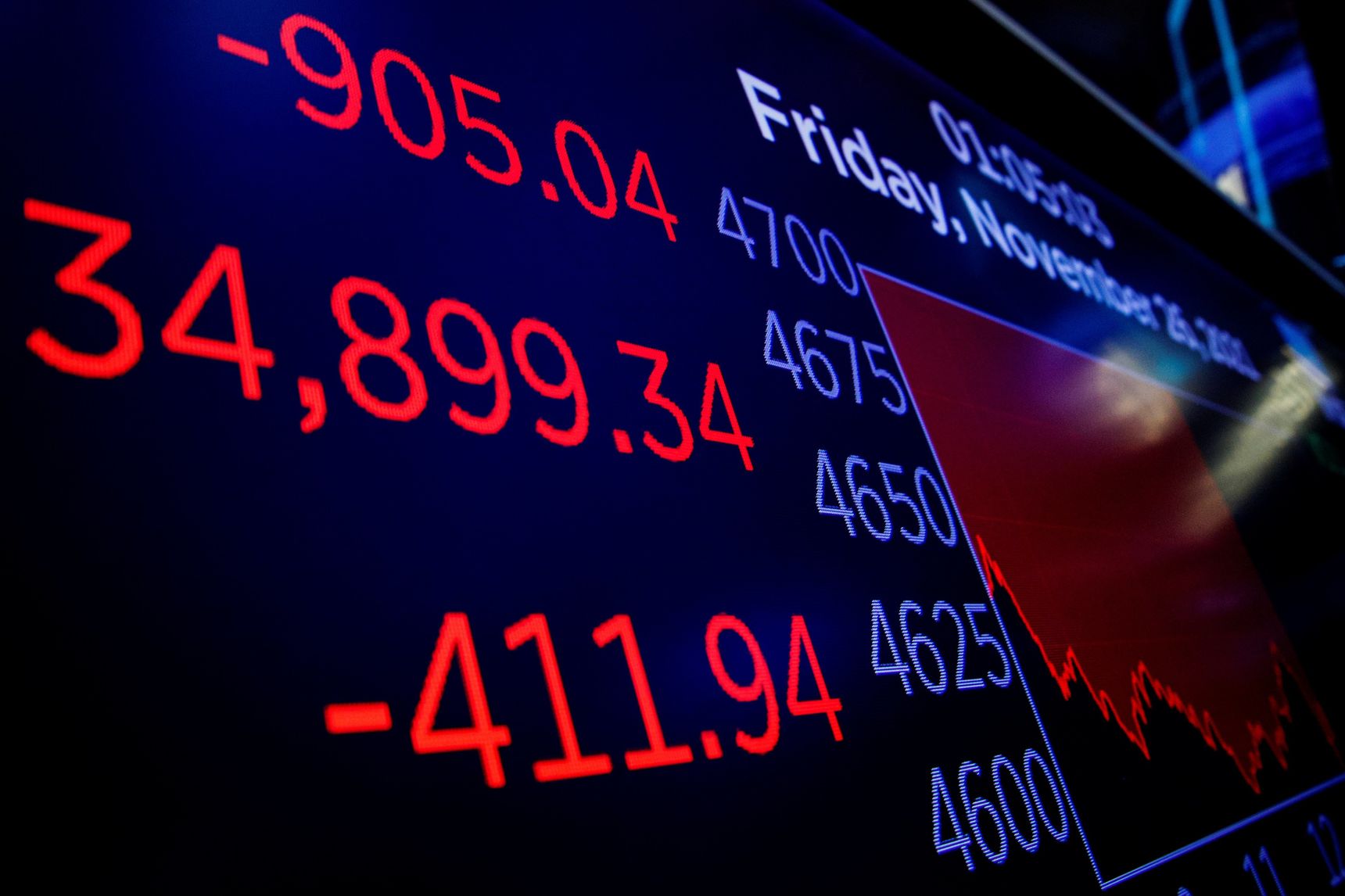
Markets sold off worldwide on Friday after South Africa raised alarm about the new “variant of concern” that the World Health Organization named Omicron. The panic may be driven more by the fear of new government lockdowns and social distancing than by the variant itself.
The Dow fell 2.5% while U.S. crude prices tumbled 13% as the U.S. and other countries restricted travel to southern Africa. President Biden wants lower oil prices, and he may get his wish. But the frantic response by governments and markets may be overwrought given how little we still know about Omicron and how much we’ve learned during the pandemic.
Omicron’s mutations appear to make it more transmissible and may allow it to evade some of the vaccine immune response. But this has also been true of other variants. The virus will continue to mutate as it spreads, and immuno-compromised individuals with chronic infections are petri dishes for new variants.
Cases have risen rapidly in the South African province where the new variant has been identified, crowding out the Delta strain. While this is worrisome, keep in mind that other variants that came to dominate local areas—California’s Epsilon, Brazil’s Gamma and South Africa’s Beta—haven’t taken off around the world as some scientists initially feared.











